Benign prostatic hyperplasia (BPH) or benign prostatic hypertrophy is the medical conditions caused by enlargement of the prostate. Prostate is a male gland, located below the bladder and in front of the rectum, surrounding the first part of the urethra. It is responsible for the secretion of the fluid from the semen, and during the ejaculation, that fluid carries the sperm from the testicles. Prostate normally enlarges with aging and around of the age of 50, some 75% of men experience first symptoms of BPH. Until their 80s, some 90% of men will have BPH symptoms.
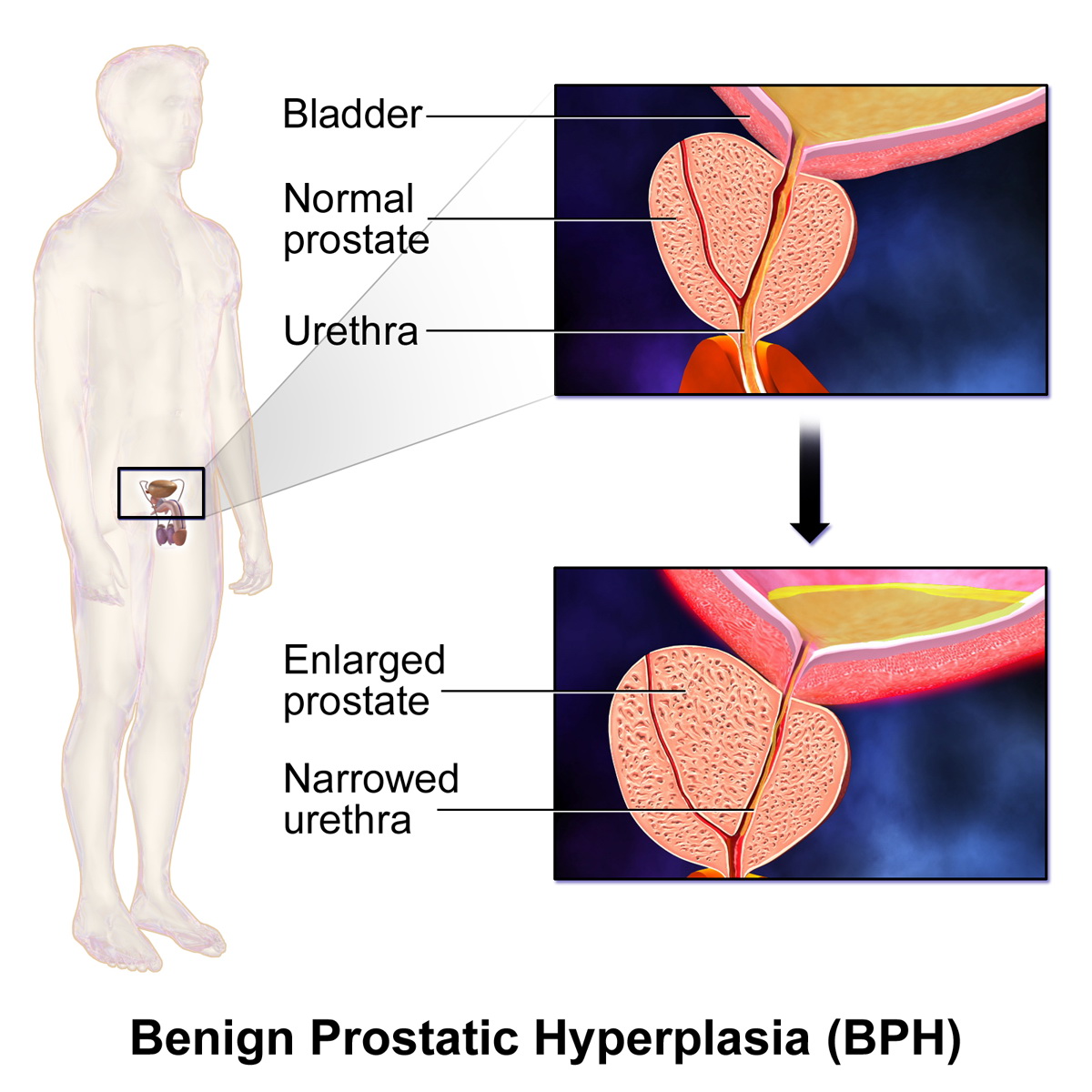
Benign growth starts when old prostate cells continue to grow excessively. The buildup of these cells causes prostate thickening, narrowing of the urethra and problems with urination.
What Causes BPH
Most common cause of benign prostatic hyperplasia is the aging, as we already mentioned. Other cause may include the amount of active sexual male hormones in the blood, such as dihydrotestosterone (DHT) and testosterone, also decreasing with old age. There is also the theory of “cell instructions” that cause prostate cells to grow.
How to Recognize BPH
Symptoms of BPH are usually caused by obstruction or urethra, and they include: problems with the start of urine stream and also weak and interrupted urine stream, blood in the urine and urgency, leaking or dribbling of the urine. Narrowing of the urethra could cause further problems, such as: urge incontinence, sudden urges to urinate, especially at night time, frequent urination and irritability of the bladder. Some patients could be unable to pass any urine and that condition is known as acute urinary retention.
Diagnosis is established after the detailed medical history, physical exam and urine flow study. Sometimes, doctors could suggest PSA (prostate specific antigen) blood test, to exclude the possibility of prostate cancer. Be aware that BPH is not prostate cancer and that this condition doesn’t increase the chances of developing prostate cancer. Additional diagnostic tests might include rectal and/or bladder ultrasound.
BPH Treatment
The treatment is not necessary for patients with low symptom index. Their doctor will recommend changes in the lifestyle, which should be enough to ease the symptoms.
Moderate BPH needs to be treated with medications. These include alpha-receptor blockers (Flomax, Uroxatral, Doxazosin and Terazosin) and 5-alpha-reductase inhibitors (Finasteride and Avodart). Some specialist might also recommend the use of Saw Palmetto (the type of plant) extract.
Severe symptoms are treated with invasive techniques: with surgical procedures or non-surgically. Non surgical treatments are transurethral needle ablation (TUNA) and transurethral microwave thermotherapy (TUMT). Surgical treatments are transurethral incision of the prostate (TUIP), transurethral resection of the prostate (TURP) and prostatectomy (open or laser procedure). The golden standard for prostate surgery is the TURP surgical procedure.


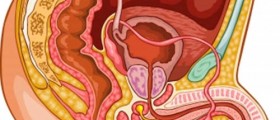
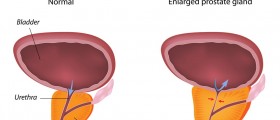
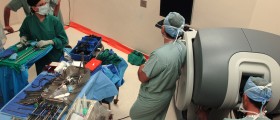
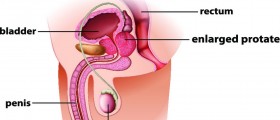



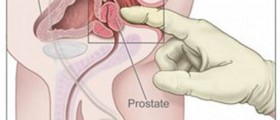






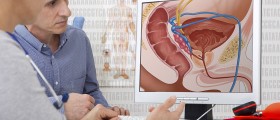
Your thoughts on this
Loading...